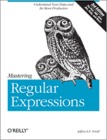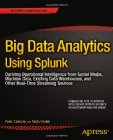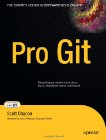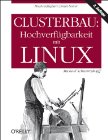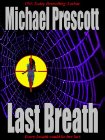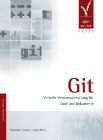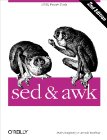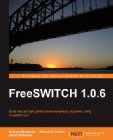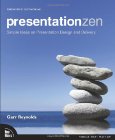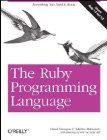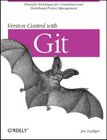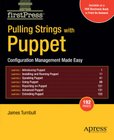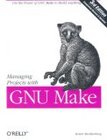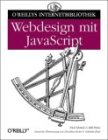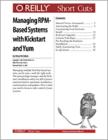
Once, when I picked up a book from the local library, the librarian asked to tell her what I thought about the book when I would bring it back. Well, why not write a few lines about all the books I read so everybody could see what I thought about it? I'm often also happy to have friends recommend a certain book or tell me this and that is not really worth reading. I won't comment about the tons of books I have read so far, but about books I read from now on.
| highly recommended | sehr empfohlen | |
| good reading | gutes lesematerial | |
| average | durchschnittlich | |
| not too interesting | nicht allzu interessant | |
| recommended not to read it | empfehlung das buch nicht zu lesen |



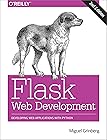



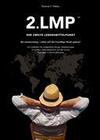











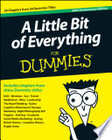






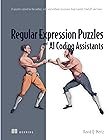






















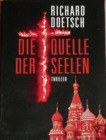
























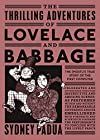



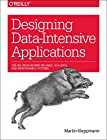



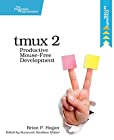
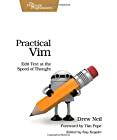


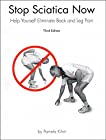






































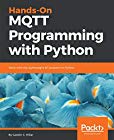























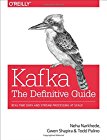



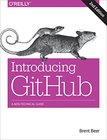




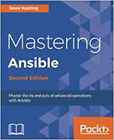





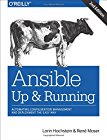















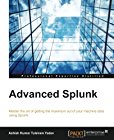


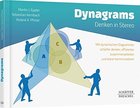






 |
|
|---|---|
| title | User Story Mapping |
| author | Jeff Patton |
| ISBN-10 | 1-491-90490-9 |
| ISBN-13 | 978-1-491-90490-9 |
| ASIN | |
| rating | |
| date | 2016-Aug-12 |
Patton gives a good introduction to user story mapping in agile development. What is it? Why do it? How to do it? What are the benefits you can expect? What are the pitfalls you should be aware of?
Basically, the book gives a good overview. If you are new to the concept, things are explained well in an easy to read, narrative way. And I guess if you've been doing this for some time, there are also parts in it you still can use to improve your user story mapping.
However, as Patton says in the very beginning of the book, it has turned out much bigger than he first intended. And quite honestly, I'd have preferred a shorter version. There are numerous examples of using story mapping from his various "friends". Half of the examples would have been sufficient. With some things, he is also repeating himself a few times. The narrative writing style makes the book easy to read, but it also blows up the volume of text. I think you can save yourself some reading time by generously ignoring some of the stories contributed by the "friends" of Patton.














